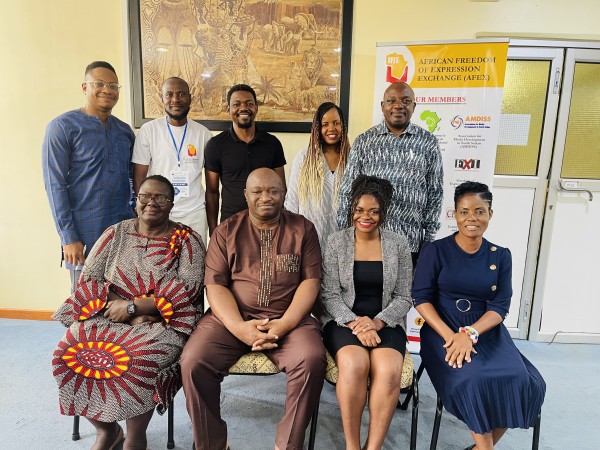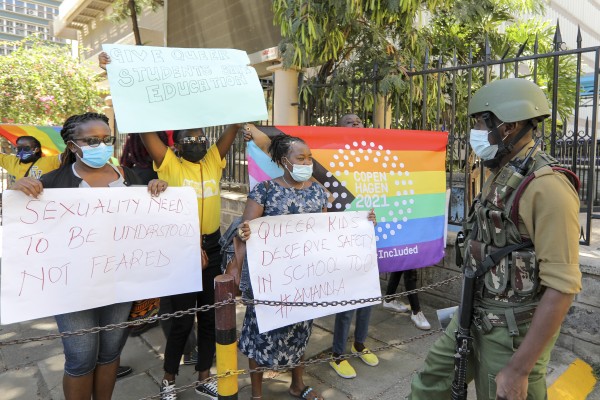The International Press Institute (IPI) today noted improvements in the security situation of Kenyan and international journalists covering the Kenyan elections on Monday, Mar. 4, 2013, and their aftermath.
Concerns for media workers had mounted in the run-up to the elections.
Alarming reports by the Kenya Correspondents Association (KCA) said that a number of journalists had been operating under threats and a climate of fear over the electioneering period.
The KCA added that during the party primaries a number of journalists reported threats in Homabay, Migori and Siaya in the Nyanza Region. Reports of threats and, in some cases, attacks were also received from journalists in Nandi, Eldoret, Kitale and Nakuru in the Rift Valley, in Nanyuki in Central Kenya, in Nairobi, the capital, in Mombasa and in the area of Tana River in the Coast Region.
On Saturday, March 2, the Media Council of Kenya reported that a journalist with the Kenyan Star had been attacked by officers of the paramilitary GSU, while covering confrontations between two rival groups.
Habil Onyango was beaten and kicked despite identifying himself as a member of the press, and showing his ID. He was detained but later released, according to the KCA.
“We hope that in the post-election period – especially should any disputes arise – journalists are not targeted in any way,” said IPI Deputy Director, Anthony Mills. “The media has a vital role to play, not just in the run-up to, and during elections, but also in their aftermath. Reporters should be free to play this role professionally and critically without fear of reprisal.”
Prior to the vote, media associations had taken precautions, anticipating possible election violence against journalists. A distress hotline was put into place, enabling any journalist with Kenyan accreditation to call and ask for assistance. The help line was established by the Media Council of Kenya with funding from the Rory Peck Trust, according to Britain’s the Guardian newspaper.
Nevertheless, the overall outcome of the elections shows a clear improvement in comparison to the dramatic events of 2007.
During the 2007 elections ethnic violence was responsible for more than 1,200 casualties. More than 200 Kenyan journalists were affected by the conflict, either through threats, attacks or trauma.
Some of the journalists were either displaced or had to flee from their work places because of threats and fear of violence which was largely ethnic in nature, the KCA reports.


